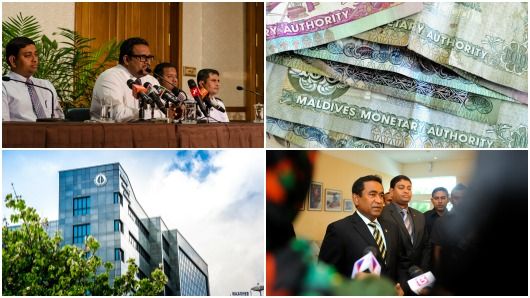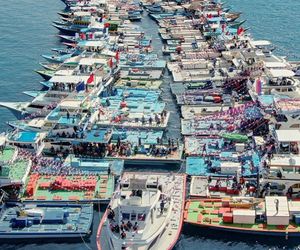Maldives economy slowed to 1.9% in 2015
The Maldivian economy slowed to just 1.9 percent growth in 2015, knocked by a slowdown in tourism arrivals and a number of booking cancellations following a state of emergency in November, the World Bank has said.

11 May 2016, 9:00 AM
The Maldivian economy slowed to 1.9 percent growth in 2015, knocked by a slowdown in tourism arrivals and a number of booking cancellations following a state of emergency in November, the World Bank has said.
The figure stated in the World Bank’s bi-annual report, South Asia Economic Focus, is markedly different to the 4.8 percent touted by the government, and comes as a blow to President Abdulla Yameen, who came to power promising strong economic growth.
This was the weakest showing since 2009, when a global recession led to negative growth of -3.9 percent in the Maldives. In comparison, 2014 saw growth rates of 6.5 percent.
The economy was dragged down by a slump in tourist arrivals, especially from China and Russia, the report said. Construction has now overtaken tourism as the most important driver of growth.
Become a member
Get full access to our archive and personalise your experience.
Already a member?
Discussion
No comments yet. Be the first to share your thoughts!
No comments yet. Be the first to join the conversation!
Join the Conversation
Sign in to share your thoughts under an alias and take part in the discussion. Independent journalism thrives on open, respectful debate — your voice matters.




